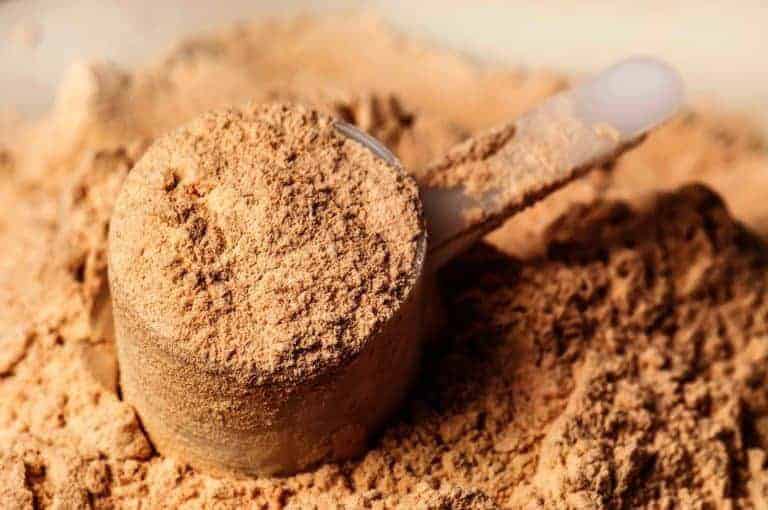CEM Rule Amended for Entertainment Horses
The USDA has amended its import rules to allow noncompetitive entertainment horses to be temporarily brought into the U.S. from countries affected with contagious equine metritis (CEM), a venereal disease of horses. The final rule, titled















